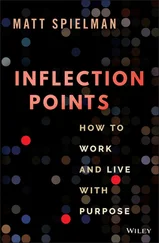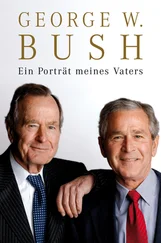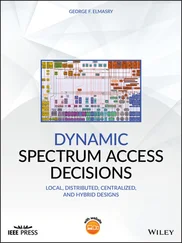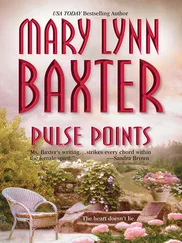On a normal morning, the West Wing would be bustling with aides. But that last day, the building was eerily quiet. There were no ringing phones, no television sets tuned to the news, no meetings in the hallways. The only sound I heard was the occasional buzz of a workman’s drill, refitting the offices for a new team.
I left a letter on the Resolute desk. Continuing a presidential tradition, I had written to congratulate my successor and wish him well. The note was in a manila envelope addressed to “44.”
“What an honor it has been to come to work in this office every day,” I told Josh. Then I put my coat on, walked out the door, and took one last lap around the jogging track on the South Lawn, where Spot and I had walked the morning I gave the order to liberate Iraq.
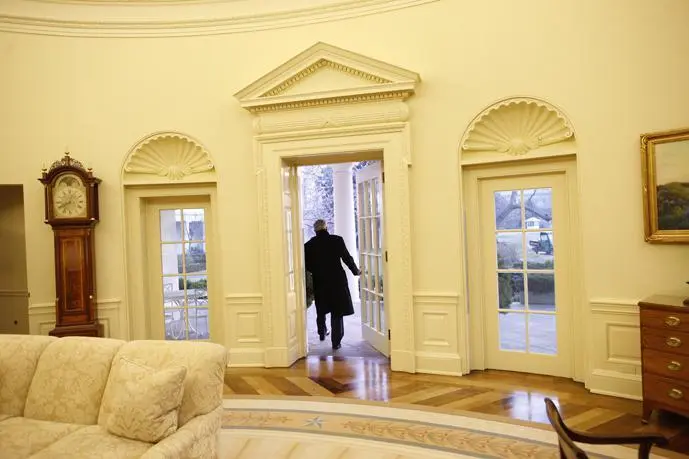
Leaving the Oval Office for the last time. White House/Eric Draper
My next stop was the East Room, where the White House residence staff had gathered. The packed room was a stark contrast with the emptiness of the West Wing. Nearly every member of the residence staff was there: the florists who put fresh bouquets in the Oval Office every morning, the butlers and valets who made our life so comfortable, the carpenters and engineers who keep the White House in working condition, the chefs who cooked us such fabulous meals, and, of course, the pastry chef who fed my sweet tooth.
Many on the residence staff had served not only for the past eight years, but during Mother and Dad’s time in the White House as well. “You’ve been like family to us,” I told the gathering, with Laura, Barbara, and Jenna at my side. “There are some things I’m not going to miss about Washington, but I’m going to miss you a lot. Thank you from the bottom of our hearts.”

Barack and Michelle Obama arrived on the North Portico just before 10:00 a.m. Laura and I had invited them for a cup of coffee in the Blue Room, just as Bill and Hillary Clinton had done for us eight years earlier. The Obamas were in good spirits and excited about the journey ahead. Meanwhile, in the Situation Room, homeland security aides from both our teams monitored intelligence on a terrorist threat to the Inauguration. It was a stark reminder that evil men still want to harm our country, no matter who is serving as president.
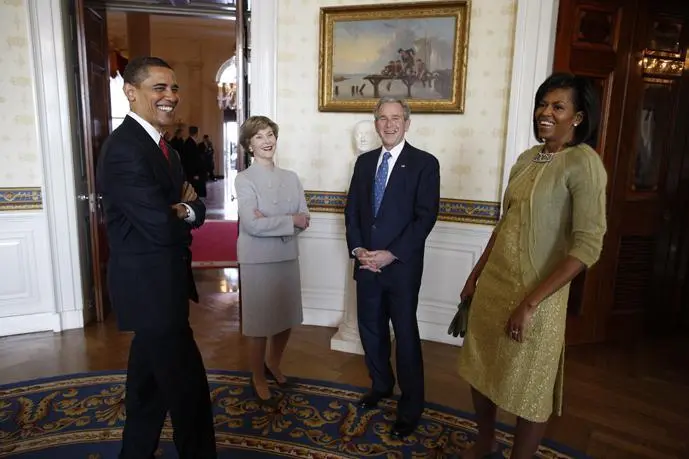
With Barack Obama and his wife, Michelle, in the Blue Room on Inauguration Day. White House/Eric Draper
After our visit, we climbed into the motorcade for the trip up Pennsylvania Avenue. I thought back to the drive I’d made with Bill Clinton eight years earlier. That January day in 2001, I could never have imagined what would unfold over my time in office. I knew some of the decisions I had made were not popular with many of my fellow citizens. But I felt satisfied that I had been willing to make the hard decisions, and I had always done what I believed was right.
At the Capitol, Laura and I took our seats for the Inauguration. I marveled at the peaceful transfer of power, one of the defining features of our democracy. The audience was riveted with anticipation for the swearing-in. Barack Obama had campaigned on hope, and that was what he had given many Americans.
For our new president, the Inauguration was a thrilling beginning. For Laura and me, it was an end. It was another president’s turn, and I was ready to go home. After a heartwarming farewell ceremony at Andrews Air Force Base, Laura and I boarded Air Force One—now designated Special Air Mission 28000. We landed in Midland in the late afternoon of a beautiful West Texas winter day. We drove to a rally in Centennial Plaza, where we’d attended a sendoff ceremony eight years earlier. Many of the faces in the crowd were the same, a reminder of true friends who were with us before politics, during politics, and after politics.
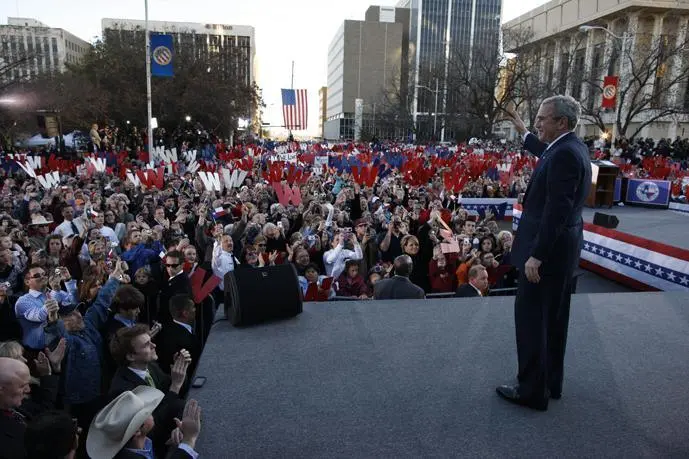
At the welcome home rally in Midland. Eric Draper
“It is good to be home,” I said. “Laura and I may have left Texas, but Texas never left us. … When I walked out of the White House this morning, I left with the same values I brought eight years ago. And when I look in the mirror at home tonight, I will have no regrets about what I see—except maybe the gray hair.”
We flew to Crawford that night and were up at dawn the next morning for the first day of what Laura had termed “the afterlife.” I was struck by the calm. There was no CIA briefing to attend and no blue sheet from the Situation Room. I felt like I had gone from a hundred miles an hour to about ten. I had to force myself to relax. I would read the news and instinctively think about how we would have to respond. Then I remembered that decision was on someone else’s desk.
I had plenty to occupy my time. I went to work building the Bush Presidential Center on the campus of Southern Methodist University, which will include an official government archive, a museum, and a policy institute dedicated to promoting education reform, global health, economic growth, and human freedom, with a special emphasis on creating new opportunities for women around the world. I am blessed to be the only president to leave office with both parents alive, and I’m grateful for the chance to spend more time with them. In June 2009, Laura and I joined our extended family in Kennebunkport to mark Dad’s eighty-fifth birthday, which he celebrated with another parachute jump. Mother quipped that his choice of a landing zone, St. Ann’s Episcopal, was strategic. If the jump didn’t turn out well, at least he’d be near a cemetery.
Every now and then, there are reminders of how much life has changed. Shortly after we moved to Dallas, I took Barney for an early-morning walk around our neighborhood. I hadn’t done anything like that in more than a decade. Barney never had—he’d spent his entire life at the White House, Camp David, and Crawford. Barney spotted our neighbor’s lawn, where he promptly took care of his business. There I was, the former president of the United States, with a plastic bag on my hand, picking up that which I had been dodging for the past eight years.

The day after I left office, I started writing this book. Working on it has been a great opportunity for reflection, and I hope you’ve enjoyed reading these thoughts as much as I’ve enjoyed writing them.
When I chose to structure this book around major decision points, I knew it would mean leaving out some aspects of my presidency. I don’t fully cover foreign policy accomplishments such as the historic civil nuclear agreement with India or the Merida Initiative to fight drugs with Mexico. I devote just a few words to my record on energy and the environment, and I do not describe my decision to create the largest marine conservation areas in the world. I also omit an account of our successful efforts to improve services for veterans and reduce teen drug use and chronic homelessness. All these accomplishments are sources of pride, and I am grateful to those who helped make them possible.
Instead of covering every issue, I’ve tried to give the reader a sense of the most consequential decisions that reached my desk. As I hope I’ve made clear, I believe I got some of those decisions right, and I got some wrong. But on every one, I did what I believed was in the best interests of our country.
Читать дальше










